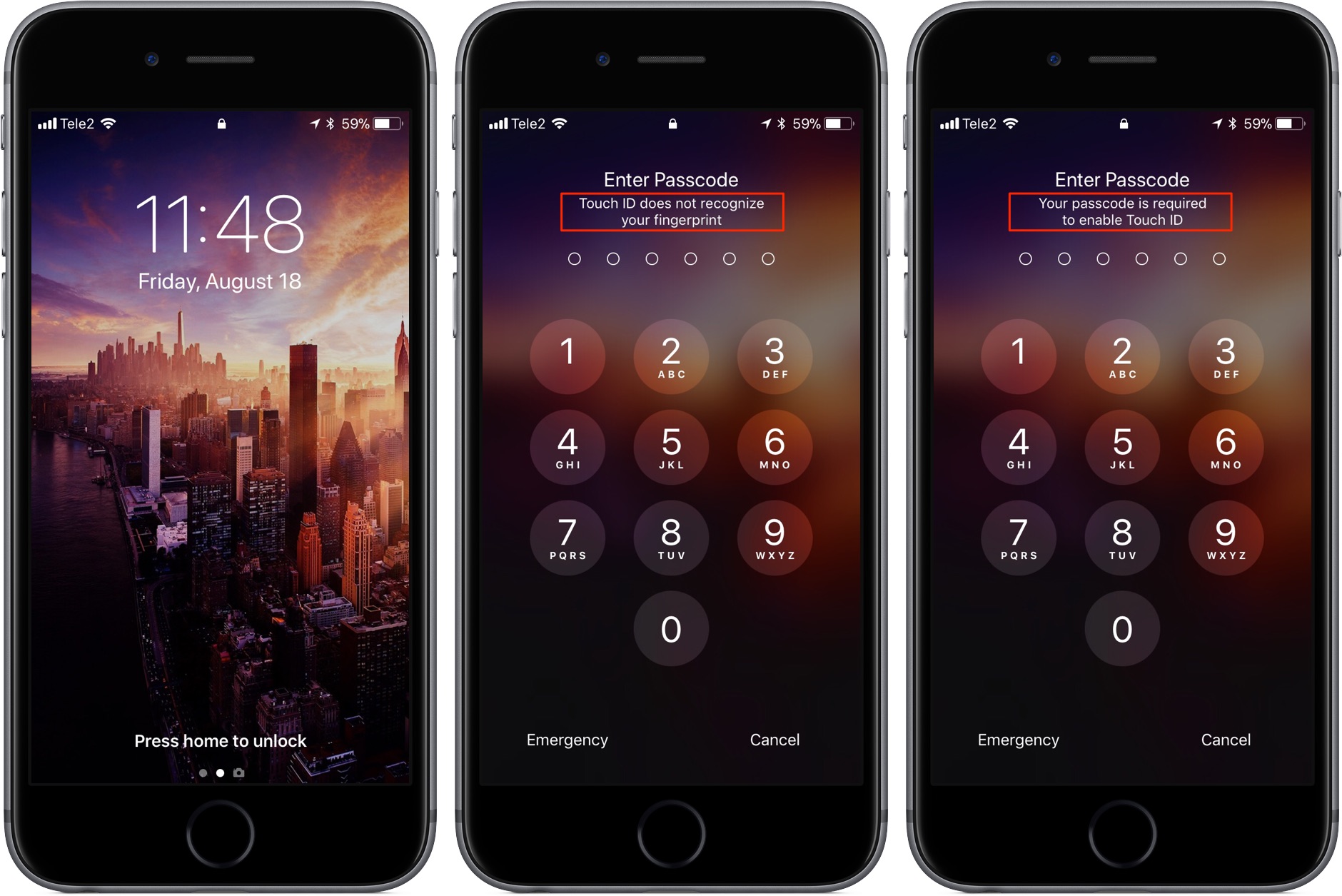
These children were also more likely to feel tired in the morning and skip breakfast, a habit that has been linked to weight gain.

One study found that children who watched more television, used a computer, played video games, or used their cell phones before bedtime not only experienced disruptions to sleep quality and quantity, but were also more likely to be overweight. Technology Can Be Especially Harmful to Children’s Sleep Researchers found that using Night Shift mode and adjusting the device’s brightness settings are both needed to reduce melatonin suppression for nighttime users. For example, one study focused on the Night Shift mode for iPad tablets. Nighttime modes may not be effective for improving sleep on their own. Many electronic devices come equipped with “nighttime modes”, which can be activated to project less light from their screens.

Although more research is needed to determine whether blue-blocking glasses are effective for adults and children, some people have noticed sleep improvements after wearing them at night. Researchers have studied blue-blocking glasses for treating sleep disorders such as insomnia, delayed sleep-phase disorder, and shift work disorder, as well as jet lag. Specialized glasses with orange-tinted lenses designed to block blue light – known informally as blue-blocking glasses or amber glasses – have gained popularity in recent years. The results indicated that the participants using light-emitting e-readers took longer to fall asleep, experienced poorer-quality sleep, and reported feeling less alert the following morning. One set of subjects read printed books, while the other group used e-readers that emitted blue light. One study compared the sleep patterns of individuals who read a book before bedtime. For example, studies indicate that passive use of technology, such as watching a show or listening to music on a device, has less of an effect on sleep than active use, like playing an interactive game, texting, or video chatting. The severity of technology’s impact on sleep may depend on the device and type of use. Sleep hygiene recommendations usually advise against using the bed for anything else except sleep. Reduced Sleep Time: In addition to the effects of blue light and stimulating content, technology use may cut into time that is usually reserved for sleep.For example, studies have found that exciting or violent video games increase heart rate, make it harder to fall asleep, and impair sleep quality. Overly Stimulating Content: Certain types of content may have a stronger impact on sleep.Though we do not stare directly into them like phones and other devices, it is important to dim other bedroom lights or switch to warm lighting to reduce exposure to blue light before sleeping. Excessive Brightness in Sleeping Areas: Household LED lights also emit blue light.Suppression of melatonin can cause you to stay up later and sleep less than you normally would. However, melatonin release in the evening helps you relax before bedtime. This is actually an advantage during the day because it keeps you feeling alert and refreshed. Interference with Circadian Rhythm: Exposure to blue light suppresses the production of melatonin, a hormone that induces sleepiness.Technology can affect your sleep on multiple levels. In the long term, nightly exposure to light in the evening may increase the risk of certain sleep disorders and cancers. Studies indicate that screen time before bed can increase the amount of time it takes to fall asleep, reduce sleep quality, and affect attentiveness the following day. Technology Can Have Adverse Effects on Sleep We discuss some of the common ways that technology can interfere with your rest, along with some helpful tips to limit technology use for better sleep.

Technology use can also cause overstimulation before bed and – if not managed properly – cut into sleep time. Overexposure to blue light in the evening can make it more difficult to fall and remain asleep. These include laptops, tablets, smartphones, and televisions – all of which feature screens that emit blue light. However, some devices may interrupt or negatively impact sleeping patterns. Technology helps facilitate education, communication, and entertainment, and technological devices have become a crucial element of navigating daily life.


 0 kommentar(er)
0 kommentar(er)
